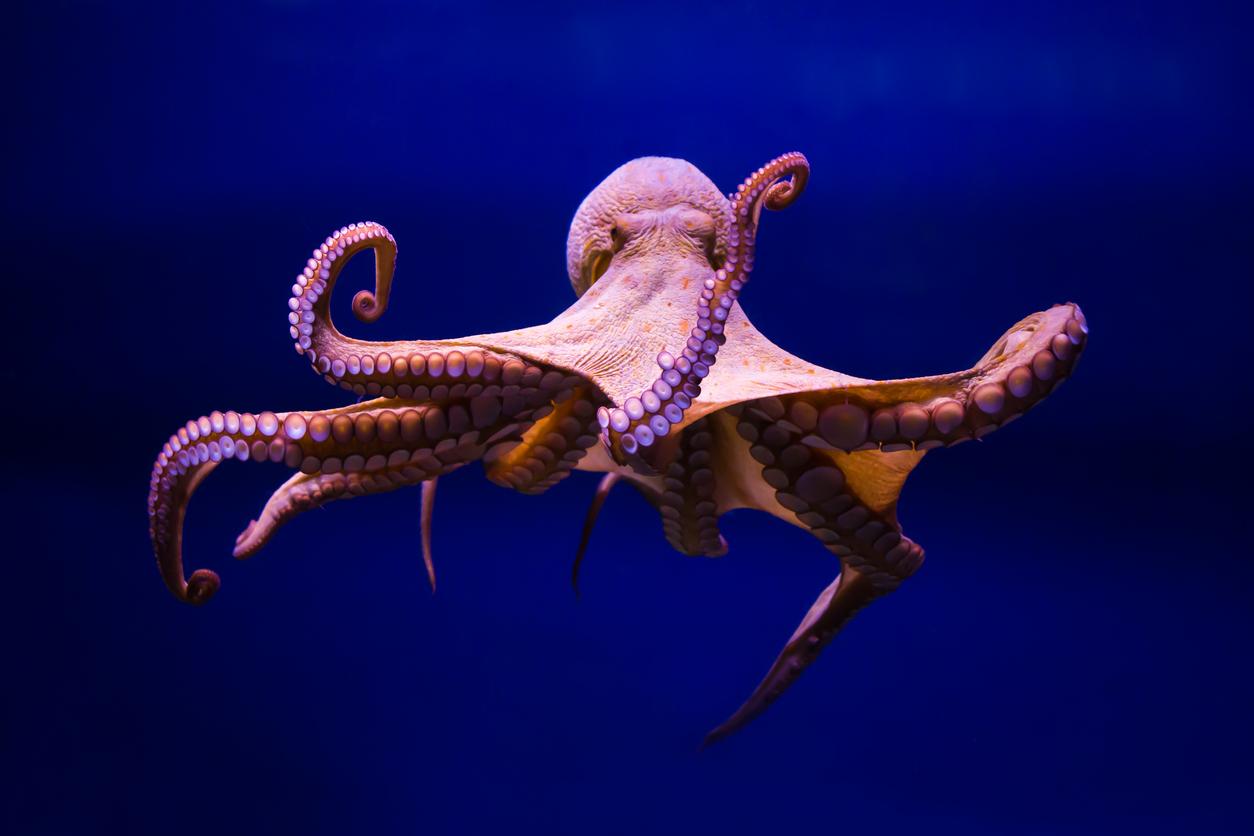In astrology, the sun (symbol ☀) is considered a planet and attached to the sign of Leo. It is our position in the sky (divided into 12 30-day increments) on the day of our birth that determined which Zodiac sign we belong to. The Sun in Astrology represents our relationship to others and our inner world. It gives indications on our vitality and our outlook on life.
If in astronomy, we are satisfied with the eight planets of the solar system, astrology is more open-minded sinceit counts ten stars. In reality, the eight planets which are familiar to us (Earth, Mercury, Venus, Mars, Jupiter, Saturn, Uranus and Neptune) to which are added two stars that we know even better, the moon and the sun.
The sun, the Leo star
Each planet is associated with one or more signs:
- Saturn, associated with Capricornsymbolizes wisdom, integrity and responsibility.
- Neptune, planet of Piscescorresponds to dreams, inspiration and spirituality.
- Uranus, ruled by Aquariusis generally related to changes, creation or destruction.
- Pluto, ruled by the Scorpioevokes rebirth and new beginnings.
- Mercury, planet of Gemini and some Virginsymbolizes communication and travel.
- Venus, ruled by the Bull and the Balanceis of course the planet of feelings and love.
- Mars, associated with Ram and secondary planet of Scorpiorepresents protection and movement.
- Jupiter, ruled by the Sagittariusacts on success or failure, optimism and confidence.
- The moonassociated with Cancersymbolizes femininity, imagination and the unconscious.
- Finally, the sun, star of the Lionrepresents our inner world and our relationships with others.
It’s probably because the sun is associated with the Lions that they like to shine so much in society and that they attach such importance to the eyes of others.
The sun is classified among the fast planets ». The duration of its cycle (to go through the 12 signs of the zodiac) is one year. There are therefore 30 days left in each astrological sign, which is also called the sun sign. Indeed, it is its position in the sky (divided into 12 slices of 30 days) on the day of your birth that determined which sign of the Zodiac you belong to.
The position of a planet in an astral chart is significant in several areas of life and daily life. Its influence can be positive or negative. according to the constellations of the zodiac it crosses.
The sun in astrology
In Greek mythology, the god of sun is Helios who drives a chariot led by four horses of fire and regulates the rhythm of human life. He differs from other solar deities, such as Apollo.
Associated with the fire element, the sun illustrates virility,masculine identity and the share of masculinity that exists in all women. In this sense, it opposes the moon, symbol of femininity.
The Sun, in astrology, represents our relation to the other but also our inner world. It intervenes in our vitality and our ambition. It plays a role in our view of existence. When it has a positive influence, we gain confidence, we are optimistic and we have a better self-image.
The sun never goes back
When a planet changes the direction of its course in the sky, it is said to come into retrograde phase. First, it slows down, then stagnates in the same place and finally begins to move in reverse.
In fact, this phenomenon is an optical illusion due to the duration of revolution of the different planets around the Sun, which we observe from the Earth. Often the retrograde phases bring out the negative aspects of the planets.+
The Sun obviously does not revolve around itself (it is the Earth which revolves around the Sun) so he never backslid. The sun in astrology can nevertheless have negative influences when it exacerbates, in us, selfish behavior, a lack of humility and a tendency to self-satisfaction.



















